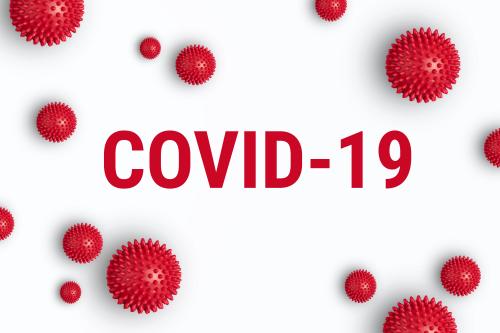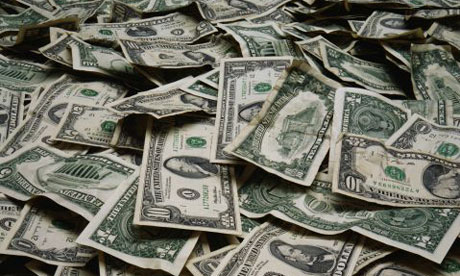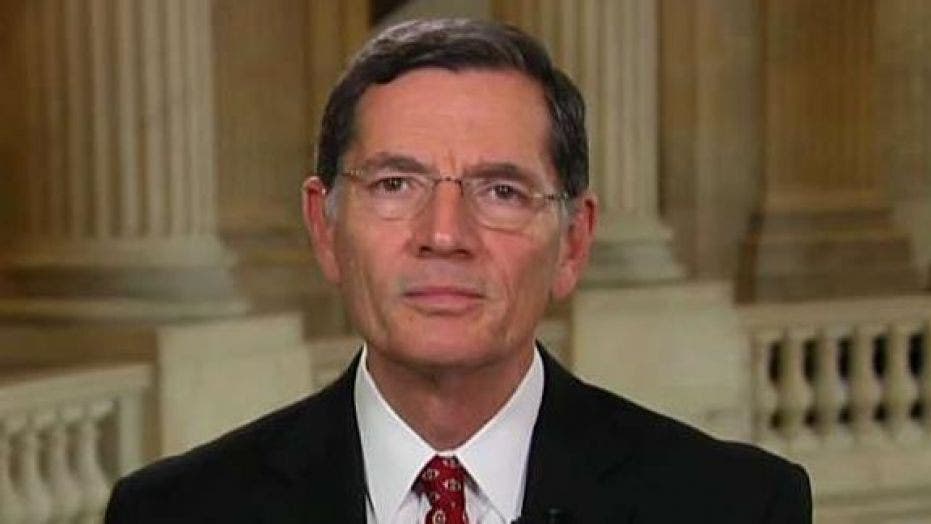Lesh
Diamond Member
- Dec 21, 2016
- 70,099
- 35,014
- 2,300
Bullshit. I hope you're smarter than that. Are you being dishonest?Federal debt is not created from the ether. That's the difference between that and the money for a home mortgage. The money lent to the US government is real money, not ether money. So it does not get destroyed when it is paid back. It will still be around.
Understand now?
Banks GET their money from the Fed. The Fed created it from thin air. And when the Fed gets paid back it goes "poof"
Are you really that uninformed?
:max_bytes(150000):strip_icc()/33_-_thinkstockphotos-144366870-5bfc390a4cedfd0026c4c780.jpg)



